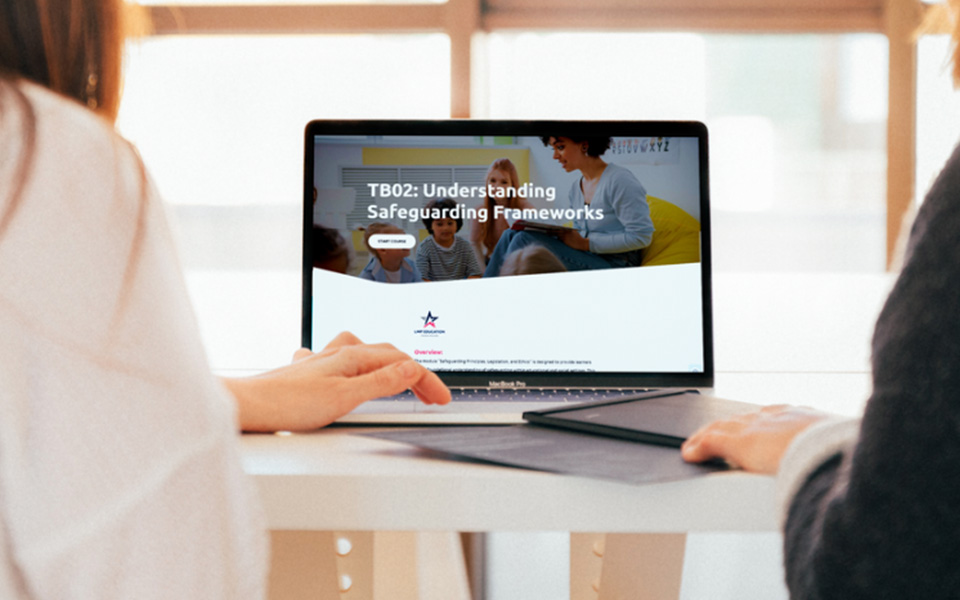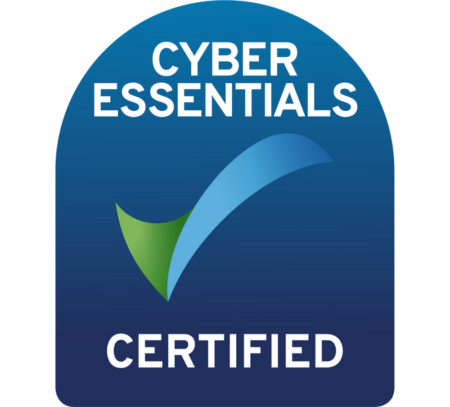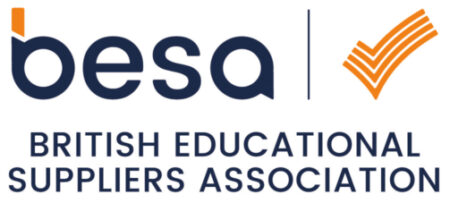The Safeguarding Support Officer apprenticeship programme is designed for those who are positioned within an existing safeguarding role or undertake safeguarding responsibilities within their role.
Found in a range of public, private, and voluntary sector organisations to support statutory safeguarding responsibilities.
Working alongside designated safeguarding leads to support and enable their organisation to safeguard the vulnerable populations they work with. You will be skilled in recognising and responding to emerging safeguarding needs as well as initiating and advocating early intervention when a problem first arises.
Involved in multi-agency early help strategies, referral pathways, key legislation and processes to help prevent children, young people & adults.
Supporting staff in developing professional curiosity and how to ask the right questions to gain the information needed to complete any risk assessments.
Typical job roles
Safeguarding Support Officer, Safeguarding Assistant, Safeguarding Co-ordinator.
Once achieved, successful individuals will be able to perform the role of a safeguarding support officer. The qualification may also be used as a stepping stone for those aspiring to be a Designated Safeguarding Lead or Designated Safeguarding Officer. Specialise in areas like child protection, adult safeguarding, or multi-agency safeguarding hubs (MASH).
Transition into strategic leadership roles, such as Safeguarding Consultant or Policy Advisor. Broader career opportunities within the health and social care, education, and community safety sectors such as: Family Liaison Officer, NHS Safeguarding Practitioner, Mental Health Support Worker, Probation Officer
To start this apprenticeship you must have lived in the UK 3+ years minimum and have a form of UK ID required at enrolment. You must be age 16+ (with no upper age limit) with no prior learning within the area of study.
You will require an enhanced DBS check, all apprentices must have it in place before starting on their programme.
To undertake this apprenticeship, candidates must already, or have the opportunity to, do the following as part of their job description:
-Be a first point of contact for safeguarding concerns.
-Maintain up to date safeguarding logs and registers.
-Provide safeguarding support to employees working in their own organisation.
-Support the management of a safeguarding caseload.
-Assist with staff training on relevant safeguarding policies and procedures.
-Contribute to and prepare for external safeguarding inspections, reviews and audits.
To undertake this apprenticeship, candidates must meet the following requirements:
-Mandatory Entry Requirement: a satisfactory enhanced DBS Check.
-Employer-Set Pre-Entry Requirement: employers may establish their own specific entry requirements, typically a minimum entry age, given the sensitive nature of the role.
-Programme English and Maths Requirements: apprentices must achieve Level 2 qualifications in English and maths before reaching the Gateway, if they have not already done so, in line with apprenticeship funding rules. For those with an education, health, and care (EHC) plan or a legacy statement, the minimum requirement is an Entry Level 3 qualification in English and maths. British Sign Language (BSL) qualifications are accepted as an alternative to the English qualification for apprentices whose primary language is BSL.
-Programme Duration Requirements: apprentices must be employed for the full duration of their on-programme learning and end point assessment period.
Enrolling in a Safeguarding Support Officer Apprenticeship training programme offers a wide range of personal and professional benefits for the learner. This role is often central to the safety and wellbeing of children and young people, and the apprenticeship provides a structured, supported pathway into a meaningful career in education, social care, or community services.
Gain a strong foothold in the safeguarding, education, or social care sectors—industries with growing demand for trained professionals. Direct involvement in protecting children and vulnerable people, making a real difference in their lives.
Recognised Qualification: upon completion of this programme, you will receive a nationally recognised certification.
You’ll gain hands-on experience while receiving a wage, with no tuition fees to pay.
Access to off-the-job training tailored to safeguarding principles, child protection procedures, information management, and multi-agency working.
Learn core skills such as handling disclosures and concerns, recording and reporting procedures, confidentiality and data protection, supporting Designated Safeguarding Leads (DSLs).
Develop transferable skills that are valuable across multiple sectors.
Upon completion, learners will be able to confidently deal with safeguarding concerns and collaborate with external agencies. They will be prepared for a meaningful and impactful role, making a real difference in promoting safety, wellbeing, and human rights.
Contributing to safeguarding builds resilience, confidence, and emotional intelligence.
Ongoing support: access to a LMP Tutor providing 1-2-1 support throughout your apprenticeship.
Progression opportunities: into a range of safeguarding roles or transition into strategic leadership roles such as Safeguarding Consultant or Policy Advisor.
Within a Safeguarding Support Officer Apprenticeship programme, learners will develop a range of skills including identifying safeguarding concerns, using safeguarding legislation and organisational policies and procedures to advise colleagues on safeguarding matters, and how to triage and prioritise safeguarding concerns.
Gain the knowledge, skills and confidence to safeguard vulnerable individuals, serving as the first point of contact for concerns. You will learn to recognise early signs of abuse, conduct risk assessments, and collaborate with agencies to ensure timely interventions. Play a key role in protecting wellbeing and supporting the organisation’s safeguarding responsibilities.
Apprentices will also gain comprehensive knowledge regarding safeguarding principles, methods for person-centred communication, when and how to escalate concerns, local policies and procedures and more.



























